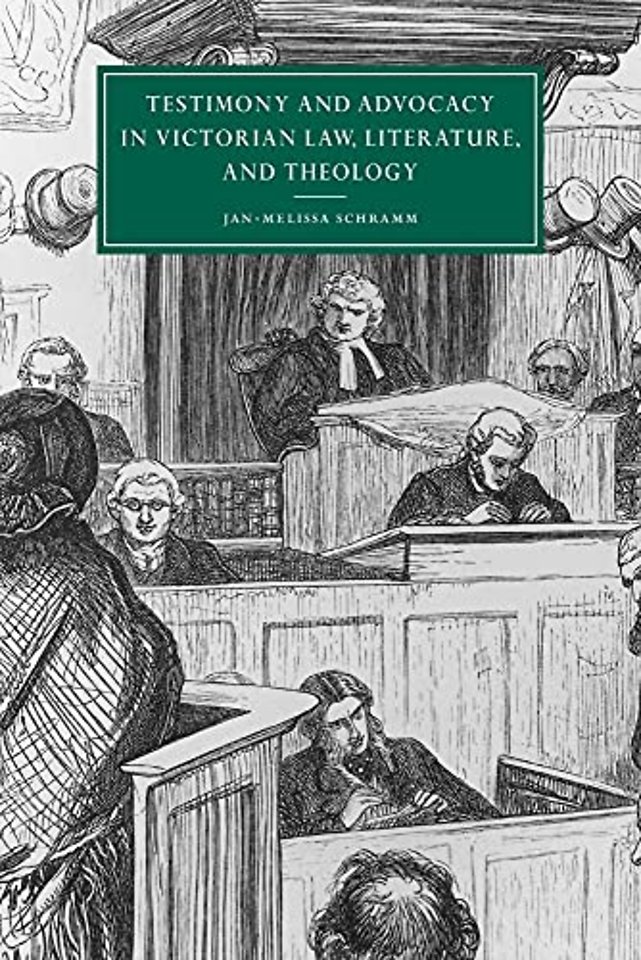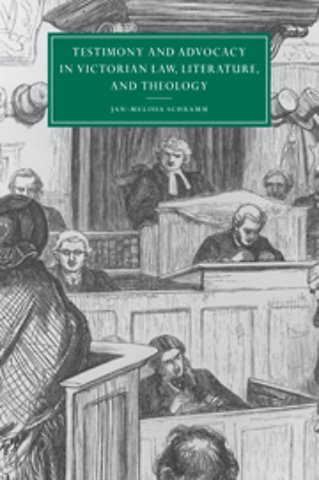Testimony and Advocacy in Victorian Law, Literature, and Theology
Paperback Engels 2006 9780521026352Samenvatting
The eighteenth-century model of the criminal trial - with its insistence that the defendant and the facts of a case could 'speak for themselves' - was abandoned in 1836, when legislation enabled barristers to address the jury on behalf of prisoners charged with felony. Increasingly, professional acts of interpretation were seen as necessary to achieve a just verdict, thereby silencing the prisoner and affecting the testimony given by eye witnesses at criminal trials. Jan-Melissa Schramm examines the profound impact of the changing nature of evidence in law and theology on literary narrative in the nineteenth century. Already a locus of theological conflict, the idea of testimony became a fiercely contested motif of Victorian debate about the ethics of literary and legal representation. She argues that authors of fiction created a style of literary advocacy which both imitated, and reacted against, the example of their storytelling counterparts at the Bar.
Specificaties
Lezersrecensies
Inhoudsopgave
Rubrieken
- advisering
- algemeen management
- coaching en trainen
- communicatie en media
- economie
- financieel management
- inkoop en logistiek
- internet en social media
- it-management / ict
- juridisch
- leiderschap
- marketing
- mens en maatschappij
- non-profit
- ondernemen
- organisatiekunde
- personal finance
- personeelsmanagement
- persoonlijke effectiviteit
- projectmanagement
- psychologie
- reclame en verkoop
- strategisch management
- verandermanagement
- werk en loopbaan

